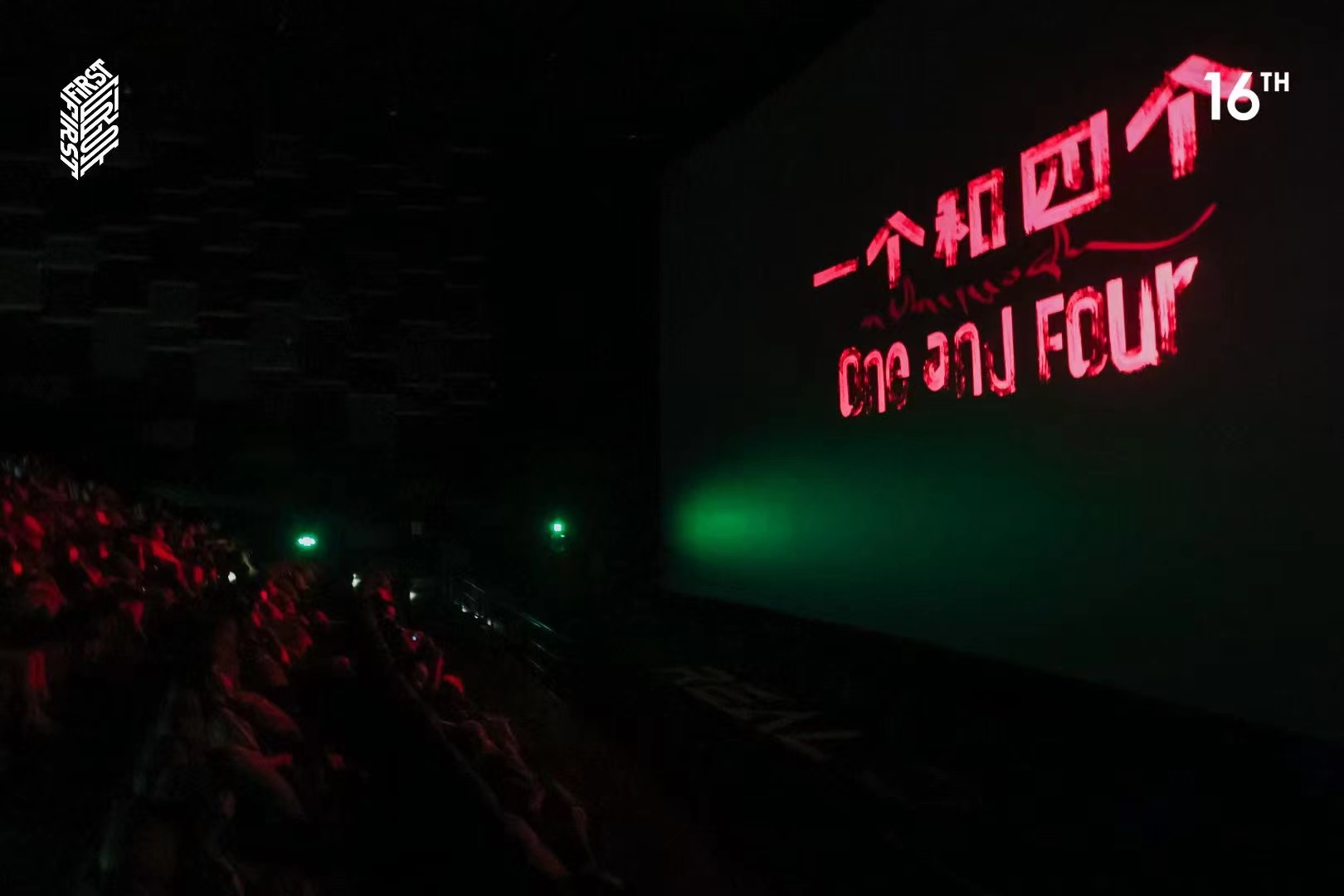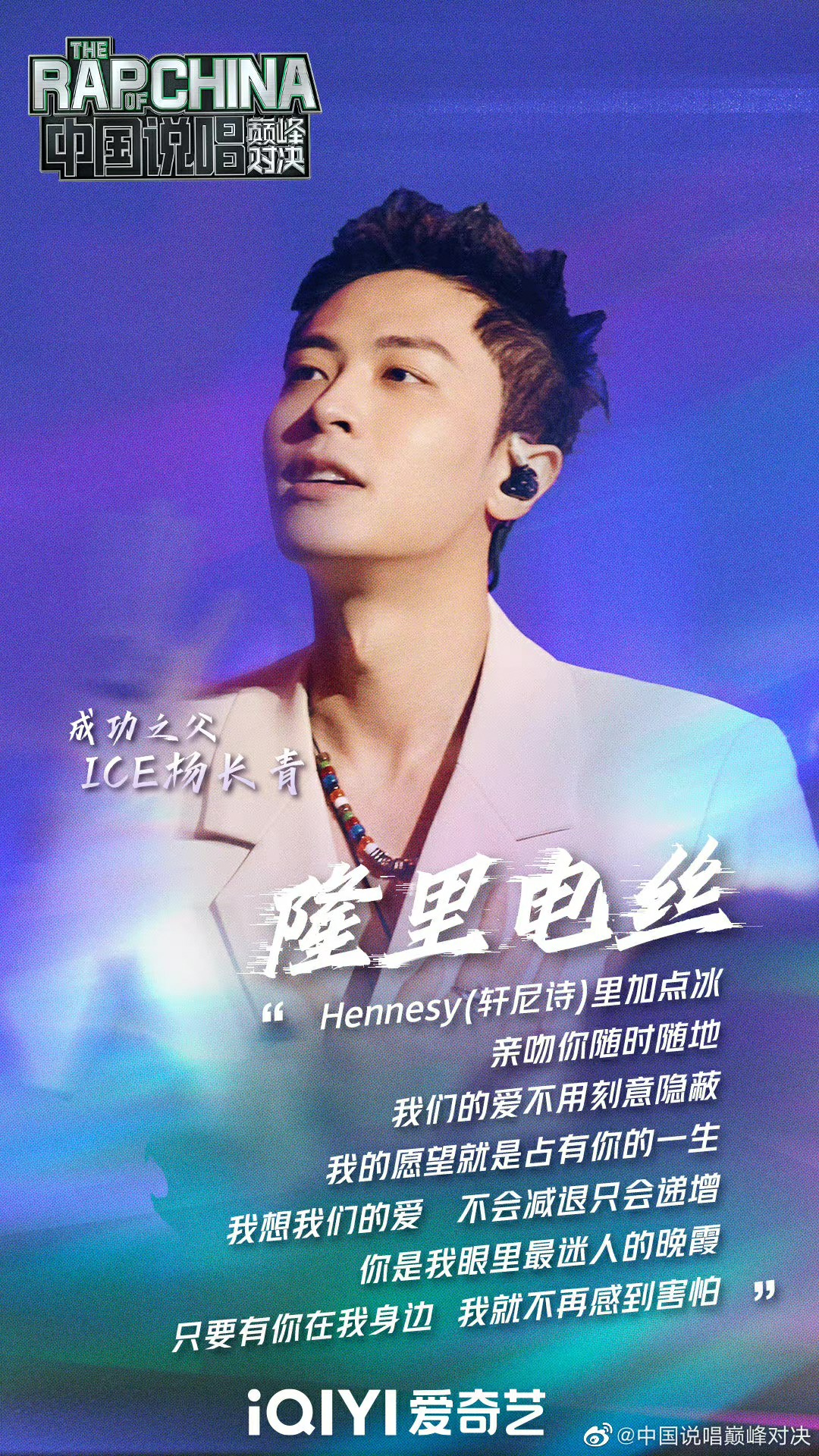Fire': focusing on social pain highlights humanistic concern
" Fire ": focus on social pain highlights human care
The Forty episode "Fire", which is being featured on Zhejiang Satellite TV's China Blue Theater, focused on the special group of railway police for the first time. With the thrilling storyline and the unforgettable unfolding, the ratings have ranked first in the golden ranking of provincial-level television. The strength interprets the topic of homegrown suspense reasoning. What is commendable is that in addition to the wonderful story and the actor's awesomeness, the drama also incorporates care for social realities. It reflects typical crimes of current news hotspots and real-life situations, including domestic violence cases and child abduction cases. The attention of socially disadvantaged groups such as women and children underscores the social responsibility and heavy humanistic care that the Ministry of Works carries.




According to incomplete statistics, the incidence of violence in our country exceeded 1/3, and 90% of the victims were women. Moreover, influenced by factors such as social prejudice and psychological pressure, most women who suffer from domestic violence will choose to be silent or obedient, unable to find an outlet for living, and suffering unfamiliar pain and suffering for a long time. "Fire" used four episodes of ink and brush to describe the accidental murder case of Qi Wangjuan, the wife of Qiwang Electric, who suffered long-term home violence and then angered and resisted. This case pushed the “Fire” style of suspense reasoning that has always been good at the extreme, and the owner of Zhong Wang’s owner Zhong Liu traversed the train container, and the warehouse custodian Xing Yue’s whereabouts were unknown. Zhong Liu’s wife, Qu Meijuan, covered the youth. Under the leadership of Zhao Pengcheng, the iron policemen did not let go of clues, visited the ground in large numbers, and boldly pushed for theoretical evidence to find a breakthrough in video surveillance. Eventually Qu Meijuan unloaded the heart from Wu Wei’s “woman-to-woman communication”. The defendant explained the fact that he had accidentally killed a domestic violence husband and Xing Yue’s case of killing Xing Yue’s and destroying his corpse was taken after Xing Yue’s unanimous move. A large number of flashback shots were used in the play to trace the circumstances of the case and highlight the psychological state of Qu Meijuan’s long-term living under the shadow of her husband Zhong Liu’s domestic violence. Although Qu Meijuan was a perpetrator, the destruction and misfortune he suffered as a victim of domestic violence also allowed Wu Wei and others to “mourn their misfortunes and anger them.” In the drama, Wu Wei et al. discussed the case and discussed the deep social causes behind such crimes. He appealed to the whole society to be alert to the social phenomenon of domestic violence. At the same time, it also encouraged domestic violence victims to decisively implement alarms and prevent more. Because human beings can not get rid of domestic violence through normal channels, they can embark on the crime path of the people in the play.
A good crime drama, in addition to logical reasoning, should also be filled with sorrow for humanity. In the process of cracking down on trafficking in children, “Fire” fully demonstrated the complex right and wrong question of choosing humanity from different perspectives. In the drama, Wei Lai was deeply involved in this quest and did not hesitate to use his own strength to punish his father's role. His son Dongdong was abducted by human traffickers. His wife Xiaoru had become mentally ill and had been deceived in the process of dealing with human traffickers. He went mad and turned to the crime of evil and evil. "Fire" magnifies the regret, tears, helplessness, grief and indignation of Alai's sympathetic lens language. With the help of black-and-white memories, she shows the psychological struggles of the missing children's parents and the grief and indignation in the face of reality. Empathy. As Wu Wei said, “The world is two-faced. We see different things in different worlds.” In the eyes of ordinary people, Alai is a good father, but in the eyes of the police, Alai is A suspect. Although Alley’s experience is sympathetic, the trial method is ultimately a misguided one. We must believe that the law will sanction those who have done bad things. This is also a belief that the show has consistently conveyed to the audience. With the help of the motives and trends of the main character of Alai, the drama advances the plots and runs through the role of the perpetrators, such as hawkers Fan Yu and Jia Zheng, which are hidden by our side and are difficult to detect, reminding each audience. In particular, parents and audiences raised their awareness of the potential dangers surrounding children, and criticized the sinful origins of mercenaryism, which was thought-provoking and thought-provoking.

Domestic violence cases and child abduction cases are just the epitome of many facts in society. “Fire” uses a small and big approach to focus on social pain points, revealing social realities, and bringing a new social vision to domestic suspense reasoning dramas. The society has brought about timely vigilance and profound reflections. It has responded to Xi Xiping’s general clerk's realistic call to “watch the real life and use light to dispel darkness” for literary and artistic works, and has profound social influence and demonstration effects.











